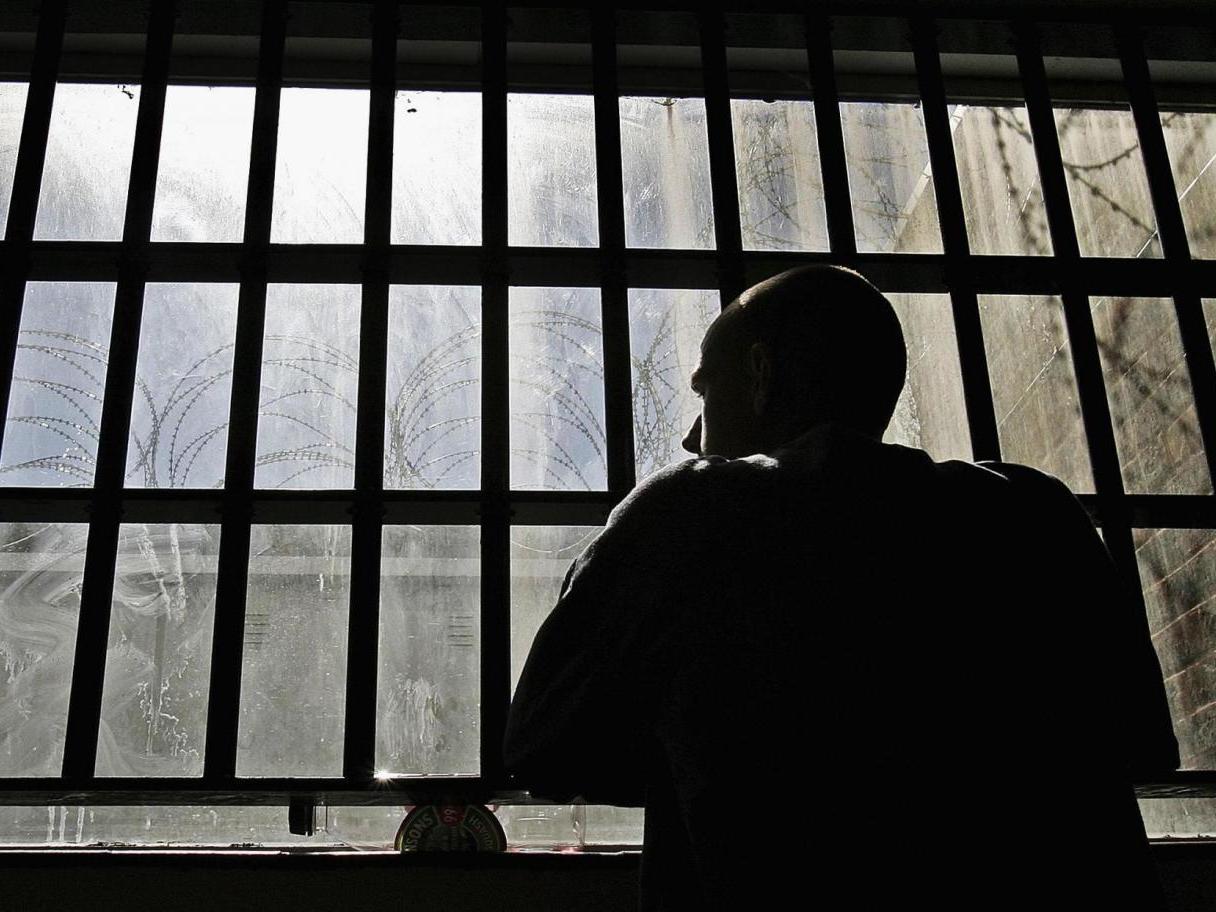Mental health support failings fuel rise in self-harm and suicide in custody, say experts
A ‘pitiful’ proportion of offenders are receiving treatment – and many others are pushed deeper into the criminal justice system, experts say

A shortfall in mental health support for offenders serving community orders is fuelling a rise in suicide and self-harm in custody, experts have warned following an increase in self-inflicted prison deaths.
The proportion of offenders receiving mental health or substance treatment as part of community orders is “pitiful”, said the Independent Advisory Panel on Deaths in Custody, which advises the government on how to reduce deaths in custody.
The IAP highlighted data showing that of the 75,750 community orders made in 2018, fewer than 1 per cent – just 454 – included a mental health treatment requirement.
Meanwhile, 5.9 per cent included a drug treatment requirement and 4.1 per cent included an alcohol treatment, representing a drop on eight years ago, when those figures stood at 8.1 per cent and 4.4 per cent.
Figures have revealed that 86 people took their lives in prison in the year to June 2019, compared with 81 the previous year, while self-harm incidents reached a record high of 57,968 in the 12 months to March 2019, up 24 per cent from the previous year.
Juliet Lyon, chair of the IAP, told The Independent that including mental health, alcohol and drug requirements in community orders represented “very successful early intervention” – but the government was failing to do this. She said the measures would prevent people from “getting more ill, or deeper into the criminal justice system”.
She said: “People’s mental health is less likely to improve, and if their mental health or substance misuse is a factor in their reoffending, and that’s not dealt with or treated, then the likelihood is they would continue to offend.”
Ms Lyon added that early treatment would reduce the number of suicides and self-harm incidents in prison.
There is growing concern over the rise of both of these trends, with campaigners urging the new justice secretary to act urgently to tackle sentencing policy, reduce the prison population and redirect resources to community health and welfare services.
The prisons watchdog made the unprecedented move earlier this month of calling for an independent investigation into suicide and self-harm across jails in England and Wales at the launch of his annual report.
Chief inspector Peter Clarke said it was “obviously unacceptable” that, despite warnings, “repeated failings” had led to more deaths in custody. He suggested the only way to improve the situation was to subject the prison service to “significant independent scrutiny”.
Responding to the Ministry of Justice’s latest safety in custody figures, Deborah Coles, director of charity Inquest, said: “Appalling inspection reports, damning inquest findings, and statistics on yet more deaths have become so regular that those in power seem to forget these are human beings to whom the state owes a duty of care.
“The failure to act on warnings from inspection, monitoring, investigation bodies and inquests exposes an accountability vacuum allowing dangerous practices to continue ... This requires bold and decisive action at a political and institutional level, not more empty words.”
A Ministry of Justice spokesperson said: “Levels of violence, self-harm and suicide in custody are unacceptably high. That is why we are investing an extra £70m to improve safety and decency across the estate and why we have recruited nearly 5,000 more officers in the last three years.
“We began work to increase the use of mental health treatment requirements by magistrates last summer and this has seen a 250 per cent increase in the number of offenders being diverted towards these services in those areas – and this work is now being rolled out to nine additional sites.”
Join our commenting forum
Join thought-provoking conversations, follow other Independent readers and see their replies
Comments
Bookmark popover
Removed from bookmarks